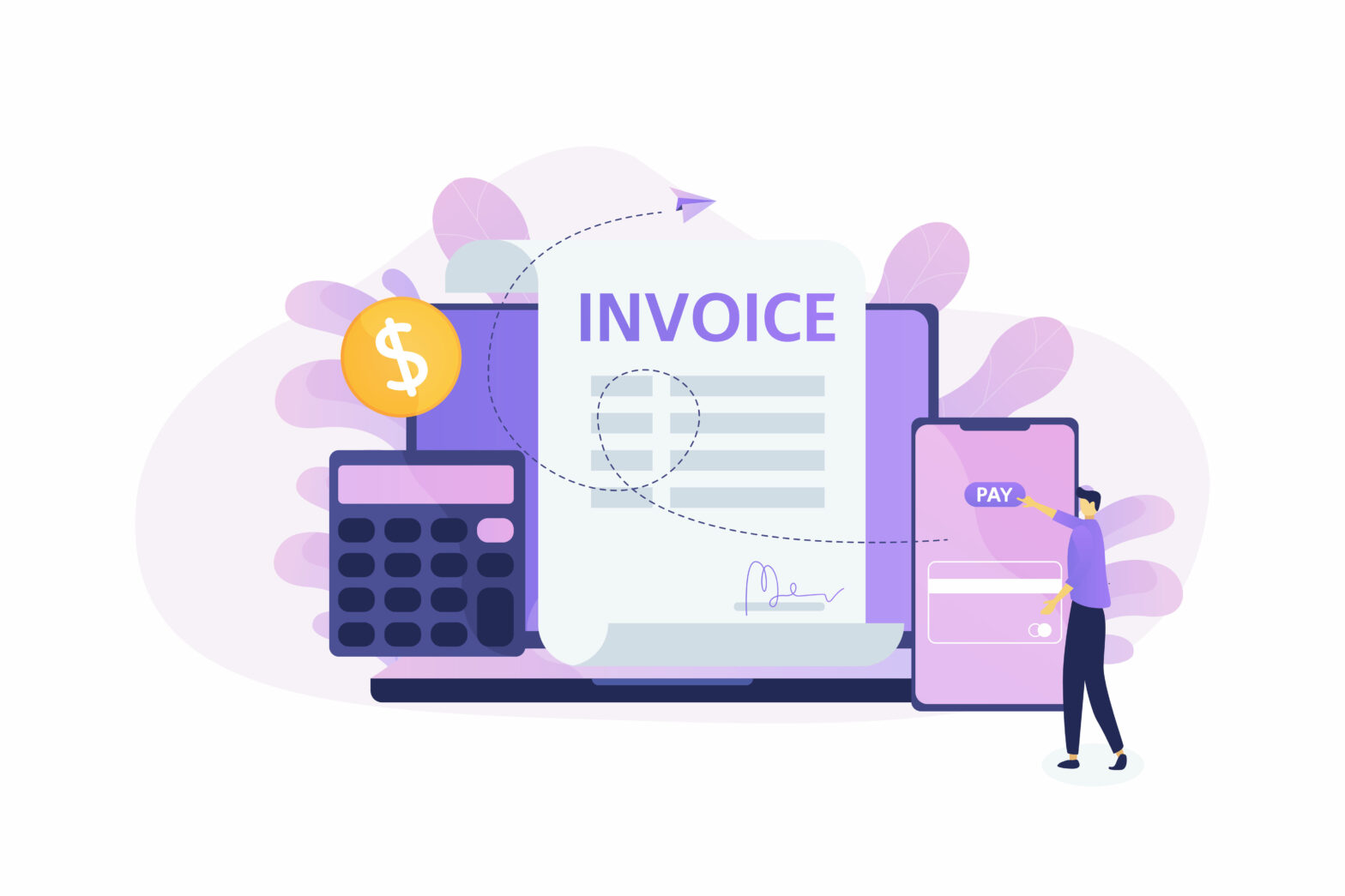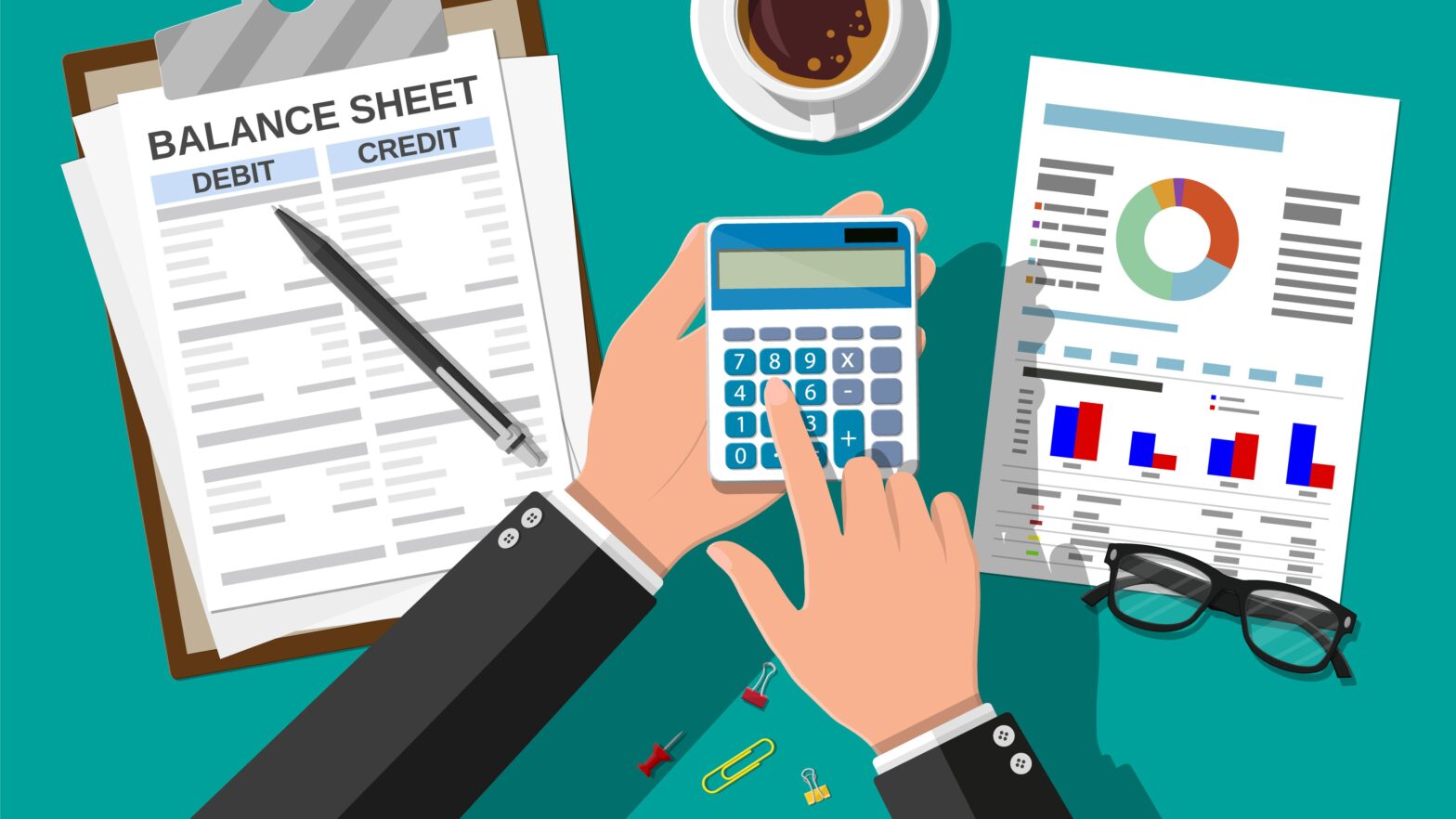Being financially savvy is essential if you want to get your business off the ground and stay in the black. Cost cutting isn’t the only way you can keep on top, as clever use of capital can allow many businesses to expand, protect themselves from bad debt or take on new clients more quickly.
We thought that we’d have a look at some commonly asked business questions and reveal some of the best financial solutions available for each situation.
Commercial mortgage
Q: I’m looking to expand my business and buy new premises but don’t have spare capital. I own a small warehouse but it isn’t large enough for processing a new contract. What options are available to me?
A: If you already own a property you will be in a good position to apply for a commercial mortgage.
This type of business mortgage available at your local business bank allows you to borrow from £25,001 upwards and typically repay the loan over a period of up to 25 years. Equity is usually released from property your business owns. The advantage is that fixed and variable rates allow you to tailor your repayments to suit your own circumstances.
Often the mortgage repayment is less than rental payment, you can sublet any space, expand as you wish, interest payments are tax deductible and any gain in value increases your total capital.
Invoice factoring
Q: I’m in need of cash for a project immediately but don’t wish to take out a standard loan or mortgage. I have long payment terms with customers and am waiting on invoices to be paid. What can I do?
A: Invoice factoring is a quick and straight-forward way of raising capital by effectively selling your unpaid invoices to a third party who will typically pay up to 90 per cent of the invoice value in advance with the rest minus fees after the payment is collected.
This type of finance is normally only available to business-to-business customers who trade on credit terms. If you’re a cash trader or public retailer this option may not be viable.
The main advantage of invoice factoring is it gives you the ability to focus on other aspects of the business due to your sales ledger being outsourced.
Another benefit is that the factoring also protects you from bad debts if a non-recourse factoring option is chosen. Be sure to choose a reputable company for this as your customers will then deal directly with the third party instead of you when collecting the debt.
GAP Insurance
Q: My vehicle has broken down and it is essential for the business. The insurance provider has paid out but I’m still left at a loss from what I originally paid.
A: You need Guaranteed Asset Protection (GAP) insurance. GAP insurance allows you to receive the difference between your insurer’s pay out and the price you paid for the vehicle. Usually this is taken out when a vehicle is purchased, and is also useful when a vehicle is used as part of a long term contract hire arrangement. This is essential if you need a specific type of vehicle for your business and depreciation puts you into negative equity.
Invoice discounting
Q: How do I release money from invoices early when I have enough resources to manage the rest of the collection myself as they are from trusted suppliers? Timing is the only issue.
A: Invoice discounting is your best option. Similar to factoring, you can turn unpaid invoices into working capital to keep your business on track. After agreeing with your financier, you can usually receive up to 90 per cent of the value of your invoices, but you will have to collect the rest of the debt yourself.
The fees for this are typically lower than for factoring services too, so if you’re confident in your supplier and just short on time then could be a good option. The remaining capital (typically 10-15 per cent) is paid, less agreed fees, when the invoice is settled. As debts are still collected by yourself, your customers won’t find out.
Business credit card
Q: My business requires myself and staff to take regular flights, travel and incur other expenses. At the moment we use our personal accounts and are reimbursed. What can I do to simplify?
A: Business credit cards would be your best bet here – they are easy to use and excellent for simplifying business expenses whilst keeping them separate from personal accounts. If your business has a turnover of less than £2 million and you don’t have a business credit card, you could find this to be an effective option.
Taking on a business credit card will help record keeping, tax returns and take out the hassle of mixing personal accounts with your company as the card will be for business use only. Many cards come with discounts at a range of goods and services for your business depending on which provider you choose. The perk most commonly associated with payments from these types of cards is travel insurance, a boon for any frequent flyer.





